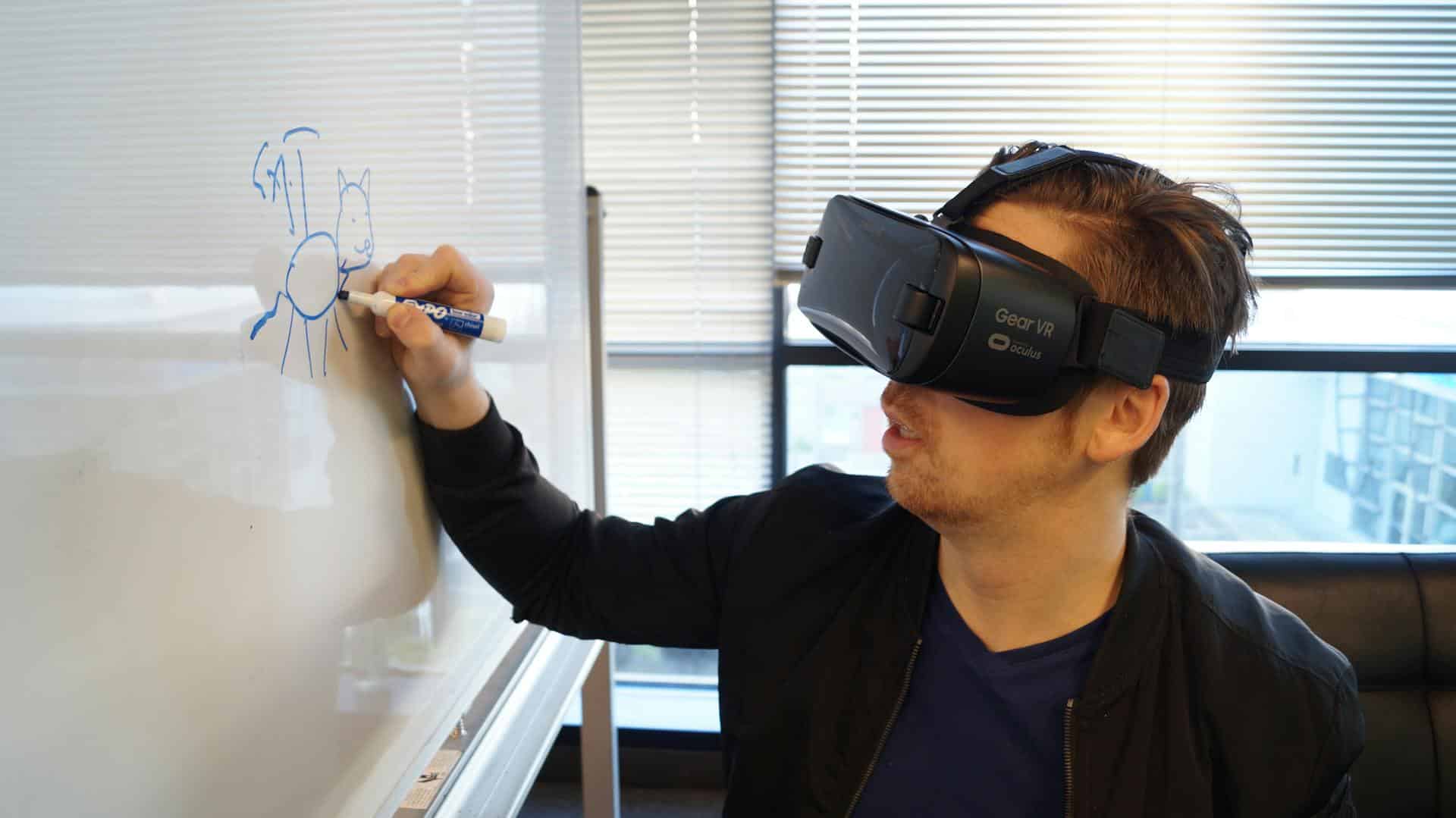Virtual Reality (VR) is transforming the real estate industry, offering a fresh perspective on how properties are marketed and showcased. For a Manchester-based real estate agency, leveraging VR technology can provide an edge in a competitive market, attracting potential buyers and enhancing client experience. This article explores the myriad ways VR can be integrated into a real estate business to revolutionize property showings.
The Evolution of Real Estate Marketing
In the fast-paced world of real estate, keeping up with technological advancements is crucial. Digital marketing has become the cornerstone of successful real estate businesses, providing tools and platforms to reach a broader audience than traditional methods. From sleek, user-friendly websites to engaging social media content, potential buyers now expect a seamless digital experience when searching for their next property.
Cela peut vous intéresser : The journey and impact of modern equipment on independent businesses
For estate agents in Manchester, adopting VR can elevate their marketing strategy. Virtual tours, powered by technologies like Matterport virtual reality, allow users to explore properties from the comfort of their homes. These tours provide an immersive, interactive experience, making it easier for prospective buyers to visualize themselves in the space.
Enhancing Property Listings with Virtual Tours
One of the most effective ways to leverage VR in real estate is by incorporating virtual tours into property listings. Traditional photos and videos, while useful, often fail to capture the true essence of a home. Virtual tours, on the other hand, offer a 360-degree view, allowing users to navigate through rooms and understand the layout better.
A voir aussi : What Are the Best Strategies for Implementing a Customer Feedback System in a UK Retail Chain?
For a Manchester-based real estate agency, creating high-quality virtual tours can set listings apart. These tours can be easily integrated into the agency’s website, promoting a more engaging and informative browsing experience. Tools like Matterport provide a user-friendly platform to create detailed, interactive tours that showcase properties in their best light.
Furthermore, virtual tours can be shared across social media channels, increasing visibility and attracting potential buyers. By offering a comprehensive view of the property, virtual tours reduce the need for multiple physical visits, saving time for both agents and clients.
The Impact of VR on Lead Generation and Client Engagement
Integrating VR into your real estate marketing strategy not only enhances property showings but also boosts lead generation and client engagement. Potential clients are more likely to engage with listings that offer an immersive experience. VR tours can capture the attention of users, keeping them on the website longer and increasing the likelihood of inquiries.
Email marketing campaigns can also benefit from VR technology. Including links to virtual tours in property newsletters or promotional emails can drive traffic to your estate website, providing a unique selling point that distinguishes your agency from competitors. By offering a more interactive way to view properties, you cater to the modern buyer’s preference for convenience and innovation.
Additionally, VR can help agents build stronger relationships with clients. By providing a detailed virtual tour, agents can answer specific questions and address concerns more effectively. This personalized approach fosters trust and demonstrates the agency’s commitment to using cutting-edge technology to meet client needs.
Virtual Reality: A Game-Changer for Estate Agents
For estate agents in Manchester, VR represents a game-changing opportunity to revolutionize their business. The ability to offer virtual tours can significantly enhance the buying experience, making it easier for potential buyers to make informed decisions. This technological advancement can also streamline the sales process, reducing the need for multiple in-person viewings and expediting transactions.
Moreover, VR can be a powerful tool for showcasing unique or high-end properties. Luxury homes, commercial real estate, and properties in prime locations can be presented in a way that highlights their distinctive features. Potential buyers can explore a property in detail, appreciating its nuances and getting a feel for the space before committing to an in-person visit.
Estate agents can also use VR to attract international clients. For buyers who cannot visit Manchester in person, virtual tours provide an invaluable opportunity to explore properties remotely. This accessibility can expand the agency’s client base, reaching interested buyers from different parts of the world.
The Future of Real Estate with Virtual Reality
As VR technology continues to evolve, its applications in real estate are likely to expand further. Future advancements may include more sophisticated virtual staging options, allowing agents to furnish and decorate properties virtually to suit different tastes. Enhanced VR features, such as interactive elements and augmented reality (AR) integrations, may offer even more immersive property showings.
For a Manchester-based real estate agency, staying ahead of these trends is essential. By embracing VR and other digital marketing innovations, agencies can enhance their competitive edge, attract more potential clients, and deliver exceptional service. This forward-thinking approach will not only boost property sales but also solidify the agency’s reputation as a leader in the real estate industry.
In conclusion, a Manchester-based real estate agency can significantly benefit from using VR for property showings. This technology enhances property listings, improves lead generation, and engages clients more effectively. By offering immersive virtual tours, agents can provide a detailed and interactive view of properties, allowing potential buyers to explore homes at their convenience.
VR is a powerful tool that can transform the way properties are marketed and sold. For estate agents in Manchester, adopting this technology is not just an option but a necessity to stay competitive in a rapidly evolving market. By leveraging VR, real estate agencies can provide a superior client experience, attract a broader audience, and ultimately drive more sales.
Embrace the future of real estate with virtual reality and take your agency to new heights. Virtual tours, digital marketing, and innovative technology are the keys to success in today’s dynamic property market.












